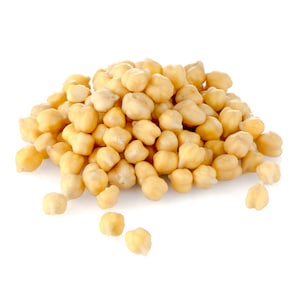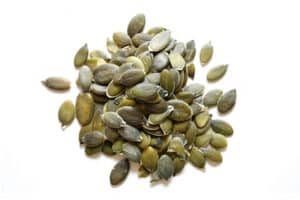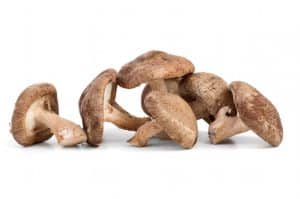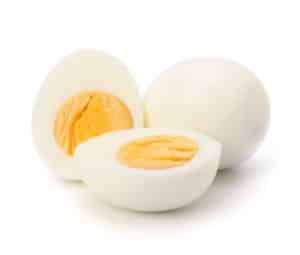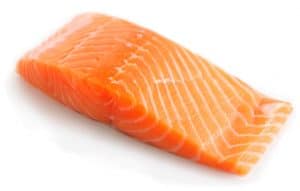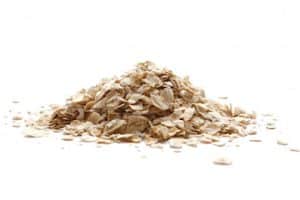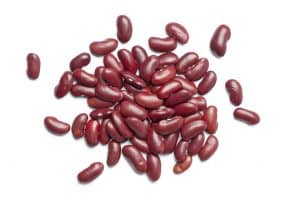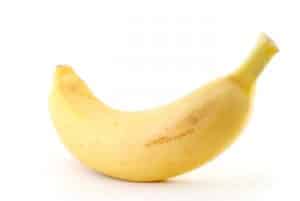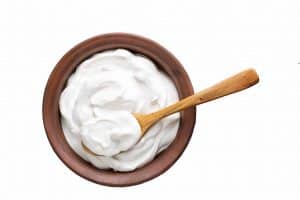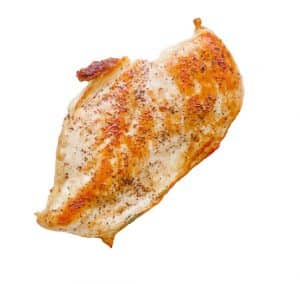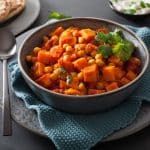
Eating For Better Sleep
Life feels so much easier when you have slept well. All aspects of our life can begin to suffer if we are sleep deprived – energy, mood, health, work performance, concentration and focus.
Some of us have a tough time when it comes to sleep, whether it’s not being able to fall asleep or stay asleep. However, food can have a drastically positive influence on your quality and quantity of sleep.
It may be surprising to know that what you eat at the beginning of the day, counts as just as important as what you eat at the end when it comes to sleep quality.
Eating foods that have a high glycemic index such as fruit juice, sweets and cakes will cause your blood sugar levels to drop, which will likely lead to you experiencing irritation and anxiety as your body releases adrenaline and cortisol to deal with it’s perceived crisis – the body cannot differentiate between different forms of stress, whether that be a heavy workload of a blood sugar crash. If this crash happens in the middle of the night, your sleep will be interrupted.
How to eat for better sleep:
- Eat plenty of protein throughout the day, including breakfast – this could be white meat, fish, Greek yoghurt or eggs. An amino acid found in protein is converted to make serotonin (a feel calm neurotransmitter). At night, this is converted into melatonin – the hormone that controls your sleep/wake cycle.
- Always eat breakfast – studies have shown that those who don’t have an increased risk of insomnia.
- Eat foods with a low glycemic index such as vegetables, avocados, nuts, meat, fish, eggs and beans. This will help to keep your blood sugar level stable throughout the day
What to eat for better sleep:
|
Chickpeas
|
Seeds
|
|
Dark leafy greens
|
Mushrooms
|
| Eggs
|
Red peppers
|
|
Salmon
|
Oats
|
| Beans
|
Bananas
|
| Dairy i.e. milk, yoghurt
|
Poultry i.e. chicken, turkey
|

